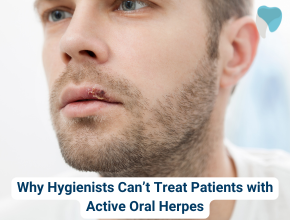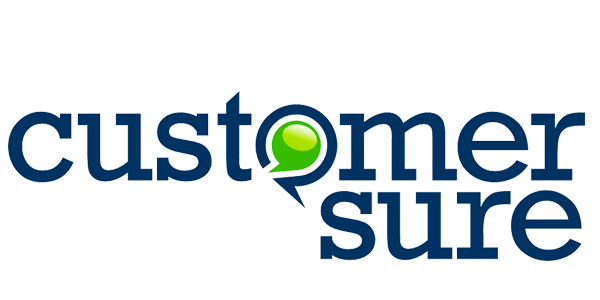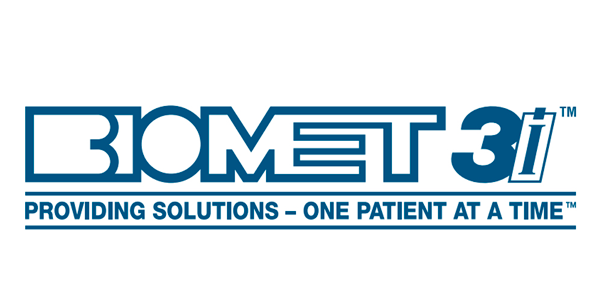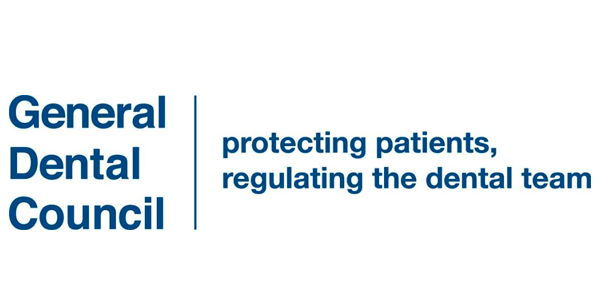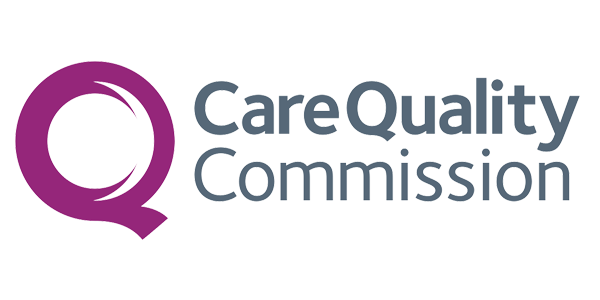Oral herpes (commonly caused by the herpes simplex virus, HSV-1) often appears as cold sores or fever blisters around the lips or inside the mouth. While these sores are extremely common and usually not serious, they can be highly contagious, especially during active outbreaks. In a dental setting, strict infection control procedures are critical for protecting both patients and healthcare professionals. As a result, if you have an active oral herpes outbreak, your hygienist may need to postpone your appointment. Here’s why, and what you should do if this situation arises.
What is Oral Herpes?
Oral herpes is primarily caused by the herpes simplex virus type 1 (HSV-1). It is characterised by fluid-filled blisters or open sores around the lips, gums, tongue, or inside the cheeks. Although these outbreaks generally clear up on their own within a week or two, they remain contagious until fully healed. After the initial infection, the virus stays dormant in the body and can reactivate, causing further cold sores in the future.
How It Spreads
- Direct contact: The virus is commonly spread through close personal contact, such as kissing or sharing utensils.
- Indirect contact: Transmission can also occur if you touch an active sore and then touch another surface or object without washing your hands.
When you’re in the midst of an active outbreak, the risk of spreading the virus is significantly higher.
Why Hygienists Reschedule Appointments for Active Oral Herpes
Dental hygienists follow strict guidelines to prevent the spread of infections in the clinic. Even though dentists and hygienists use personal protective equipment (PPE) such as gloves, masks, and goggles, the risk of spreading the herpes virus (either to them or via contamination in the clinic) remains a concern.
Here are some key reasons why an active cold sore can lead to a rescheduling:
- Infection Control
- Working in the oral cavity involves contact with saliva and soft tissues that can carry active virus particles. Instruments used during hygiene appointments, such as ultrasonic scalers or polishers, create aerosols, increasing the potential spread of the virus.
- Cross-Contamination Risks
- Despite using sterile instruments, surfaces in the clinic (including chairs, lights, and countertops) could still be exposed to droplets. This puts the hygienist and subsequent patients at risk.
- Patient Discomfort
- Hygiene procedures can irritate already sensitive sores, causing additional pain. Delaying treatment until sores have fully healed helps ensure a more comfortable experience and more effective cleaning.
- Professional Guidelines
- In the UK, dental professionals adhere to guidelines set by organisations like the General Dental Council (GDC) and other governing bodies. These guidelines emphasise the importance of infection control and recommend postponing non-urgent dental appointments for patients with active oral infections.
What Should You Do If You Have an Active Cold Sore?
If you have an upcoming hygiene appointment but develop a cold sore shortly beforehand, here are some recommended steps:
- Contact Your Dental Clinic – Let your dental practice know about your active cold sore as soon as possible. They may advise you to reschedule for when the sore has healed. It’s best to call at least 24–48 hours before your appointment to avoid last-minute changes.
- Follow Cold Sore Care at Home – Use over-the-counter antiviral creams or patches to help reduce pain and speed up healing. Keep the area clean and avoid picking at the sore. Wash your hands frequently to prevent spreading the virus to other parts of your body or surfaces in your home.
- Stay Hydrated and Well-Rested – Stress, lack of sleep, and dehydration can prolong or worsen herpes outbreaks. Aim for plenty of rest, drink enough fluids, and maintain a balanced diet to support your immune system.
- Wait Until It’s Fully Healed – A cold sore typically goes through several stages and is contagious until it fully scabs over and heals. It’s usually safe to visit the hygienist once the lesion has completely disappeared or is no longer weeping or crusted.
- Seek Medical Advice If Needed – Most cold sores clear up on their own, but if you experience frequent outbreaks or severe symptoms, speak with your GP or pharmacist about prescription antiviral medication.
Prevention Tips to Avoid Future Outbreaks
Although it’s difficult to prevent cold sores entirely once you carry the HSV-1 virus, you can take measures to reduce the frequency or severity of outbreaks:
- Use Lip Balm with SPF: Sun exposure can trigger cold sores, so protect your lips with a moisturising lip balm that contains sun protection.
- Manage Stress: Stress is a known trigger for outbreaks. Practice relaxation techniques and ensure you’re getting enough sleep.
- Eat a Balanced Diet: A diet rich in vitamins and minerals can help strengthen your immune system, making you less susceptible to frequent outbreaks.
- Avoid Touching Cold Sores: If you do touch a cold sore, wash your hands immediately to avoid spreading the virus.
- Keep Your Mouth Healthy: Maintain good oral hygiene by brushing twice daily, flossing, and attending routine dental check-ups to help mitigate potential triggers.
While it may be inconvenient to reschedule your hygienist appointment, it’s important to remember that postponing when you have an active oral herpes outbreak is a critical step in preventing cross-infection and ensuring everyone’s safety. If you notice a cold sore forming before your dental visit, contact your clinic to discuss your options. After your sore has fully healed, you can proceed with your hygiene appointment in comfort and confidence.
By taking these precautions and following proper self-care steps, you’ll be ready to return to the dentist once you’re free of active lesions. Your dental team will appreciate your diligence, and you’ll help safeguard the health of the practice, its staff, and your fellow patients.
